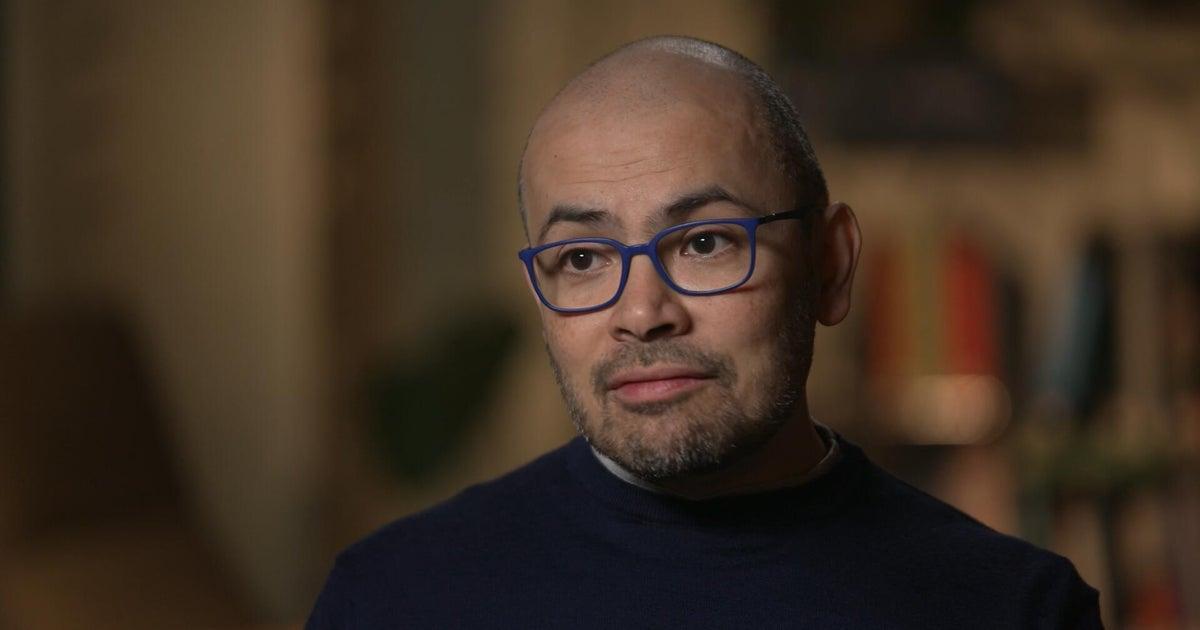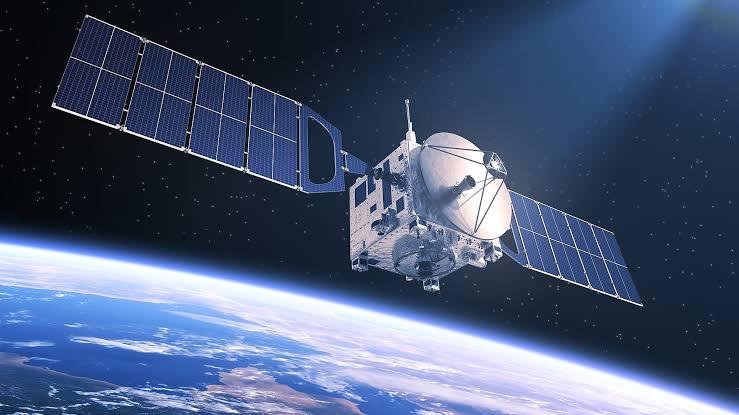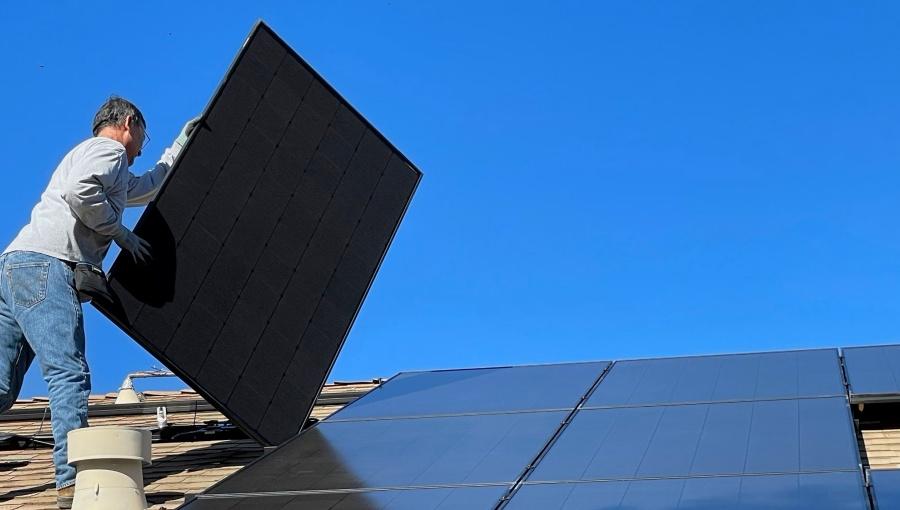
Artificial intelligence is advancing faster than expected, and according to Google DeepMind CEO Demis Hassabis, its potential could radically transform the world—possibly even curing all diseases and ending scarcity. The 48-year-old scientist, who recently won a Nobel Prize and was knighted by King Charles, shared his bold vision for the future of AI in an in-depth interview.
Hassabis, a former chess prodigy and co-founder of DeepMind, says his passion has always been to understand the world and build tools that expand human knowledge. He believes AI is the ultimate tool for that goal. He’s now focused on developing artificial general intelligence (AGI)—a system that can understand and interact with the world as a human does but with superhuman speed and precision.
AI is improving at an exponential rate, Hassabis explains. With more resources and talent pouring into the field, progress is accelerating. One result is Project Astra, an AI app that can see, hear, and engage with the world. It can recognize artwork, interpret human emotions, and even tell stories. Hassabis says this kind of capability hints at AI’s future role in daily life, embedded in tools like smart eyeglasses.
DeepMind’s upcoming AI model, Gemini, is being trained to act in the world—like booking travel or online shopping. The aim is to make AI more versatile and capable of handling complex tasks. Robots that can reason and follow vague instructions are also being developed. Demonstrations show they can make decisions based on logic, like identifying the color green as a mix of yellow and blue.
Despite these advances, current AI lacks curiosity and true imagination. But Hassabis believes that within the next decade, AI will not only solve major problems but also generate its own scientific hypotheses. DeepMind’s AlphaFold, for instance, already mapped 200 million protein structures in one year—a task that once took years per protein. This could speed up drug development from years to weeks, possibly leading to cures for many diseases.
Still, Hassabis warns that AI poses serious risks. From bad actors misusing technology to the systems becoming too autonomous, safety must be a priority. He calls for global cooperation to set clear “guardrails” to ensure AI aligns with human values. While the possibilities are vast, Hassabis stresses the need for caution, ethics, and wise leadership as we move into a future shaped by intelligent machines.
Technology

Nigeria Approves Launch of Four Satellites for Security, Earth Monitoring
Nigeria will launch four new satellites to support Earth observation and enhance national security efforts, according to Uche Nnaji, the Minister of Innovation, Science, and Technology.

Indonesia Eyes Data Centre Growth but Faces Major Hurdles
Indonesia, Southeast Asia’s largest digital economy by population, aims to become a major tech player in the region.

Amazon Launches First Batch of Kuiper Internet Satellites
Amazon has successfully launched its first 27 internet satellites, marking the beginning of its Kuiper project to rival Starlink.

Perplexity Adds Smart Voice Assistant in Major iOS App Update
Perplexity has launched a new AI voice assistant in its iOS app, aiming to make everyday tasks easier and hands-free.

Pakistan Breaks Records with 22 GW Solar Panel Imports in 2024
In 2024, Pakistan imported 22 gigawatts of solar panels, marking one of the most significant shifts toward renewable energy in the country’s history.